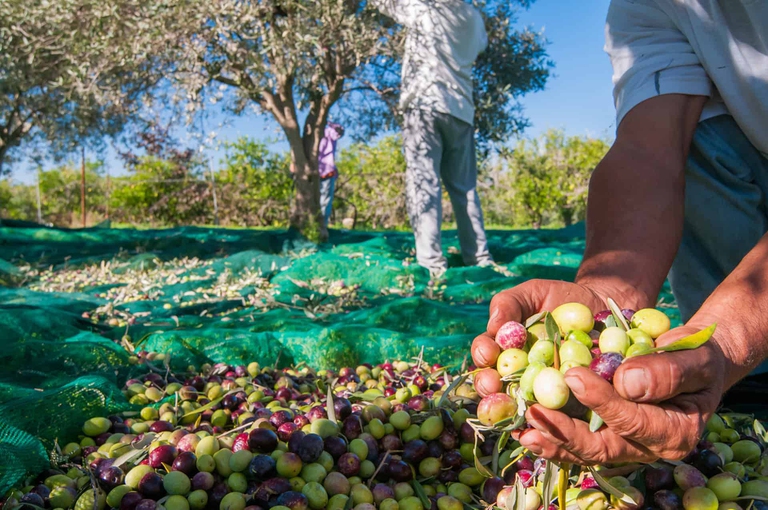https://www.lifegate.it/aderenza-dieta-mediterranea-italia-iss
- |
- The Mediterranean diet is healthy and sustainable, currently considered - for the seventh consecutive year - as the best in the world by U.S.News & world reports.
- However, a survey by the Higher Institute of Health reveals that the majority of Italians adhere to it only moderately.
- Those who fully follow this model are mainly women, people under 40, students, vegetarians and vegans.
As demonstrated by various studies and research, the Mediterranean diet it's a sustainable and healthy food model, yet only the 5 percent of Italians fully adhere to it.This is revealed by the dataArianna investigation (Adherence to the Mediterranean diet in Italy) conducted by the Higher Institute of Health and recently published in the magazine Frontiers in Nutrition.

“Today, adherence to the Mediterranean diet is increasingly lower,” he underlines Marco Silanus, director of the Department of Cardiovascular, Metabolic and Aging Diseases of the ISS -.Recent scientific literature, in fact, shows a general shift away from traditional dietary patterns in Mediterranean populations, including the Italian one, and a low to moderate adherence to the Mediterranean diet in Mediterranean countries over the last 10 years.With the phenomena of urbanization and industrialization, in fact, we have witnessed a real nutritional transition, characterized by an increasingly evident deviation from this dietary model and, at the same time, by a 'Westernization' of eating habits" .
Adherence to the Mediterranean diet of Italians:the Arianna investigation
They participated in the investigation 3,732 adult volunteers, of which 87.7 percent were women and 71.3 percent were aged between 17 and 40.As previously mentioned, only 5 percent reported excellent adherence to Mediterranean diet, while the majority of interviewees (83.8 percent) showed moderate adhesion and the11.3 percent low adherence.
The women, the people under 40 years old, The students and i unemployed, as well as those who follow a diet vegan or vegetarian, show greater adherence to this dietary model.Experts hypothesize that women are more attentive and informed about nutrition, while the high level of adherence among vegans and vegetarians is due to the prevalent consumption of foods of plant origin, cornerstone of the Mediterranean diet. On the contrary, those who work, full or part time, tends to have a less adhesion, probably due to the little time available for preparing meals.

As the ISS reminds us, it is a dietary model based on variety And seasonality, characterized by a high daily intake of fruit and vegetables, cereals (especially if integral), milk and derivatives, olive oil, dried fruit, herbs and spices, from the weekly consumption of fish (preferably light blue), white meat, egg, legumes and, finally, from a limited consumption of red meat, and even more limited consumption of processed meat and sweets.It is also accompanied by habits and lifestyles characterized by conviviality, frugality and sharing meals, respect for the territory and the biodiversity, close link between the production of raw materials and tradition.
